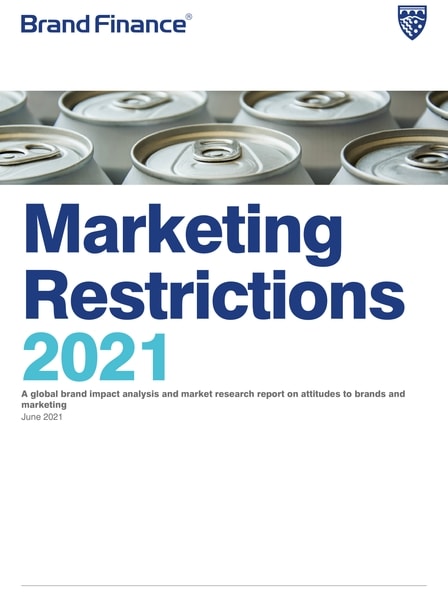Navigating the ever-changing landscape of the food and drinks industry, top brands are grappling with increased legislation concerning unhealthy products. Since 2019, Mexico has imposed strict regulations on these brands, requiring them to incorporate warning labels on their packaging fronts. The goal? To educate consumers about fat and sugar content. Interestingly, this legislation has also encompassed a restriction on the inclusion of mascots on packaging, affecting iconic characters like Kellogg's Tigre Toño and Sam el Tucán. At the start of last year, Mexican authorities seized 380,000 boxes of Kellogg's cereal, citing violations of these laws due to featured cartoons.
Kellogg's proactive response includes legal action against the Mexican government over this labeling policy, as well as recipe updates. And they're not alone – Coca-Cola and Kraft Heinz are similarly navigating this landscape and finding loopholes to exploit.
As global marketing restrictions continue to expand, from health warnings to plain packaging akin to the tobacco industry, brands face a new challenge. These stringent marketing regulations erode a brand's unique identity in the market, consequently diminishing the value it brings to the business.
Brand Finance's series of analyses, most recently in 2021, delve into the potential consequences of marketing restrictions. Our estimations project a staggering $521 billion loss for businesses if such restrictions were globally imposed across the alcohol, confectionery, savory snacks, and sugary drinks sectors.
In light of these developments, it's essential to consider: How do you foresee brands adapting to these marketing restrictions, and what creative solutions could emerge to maintain brand distinctiveness?

